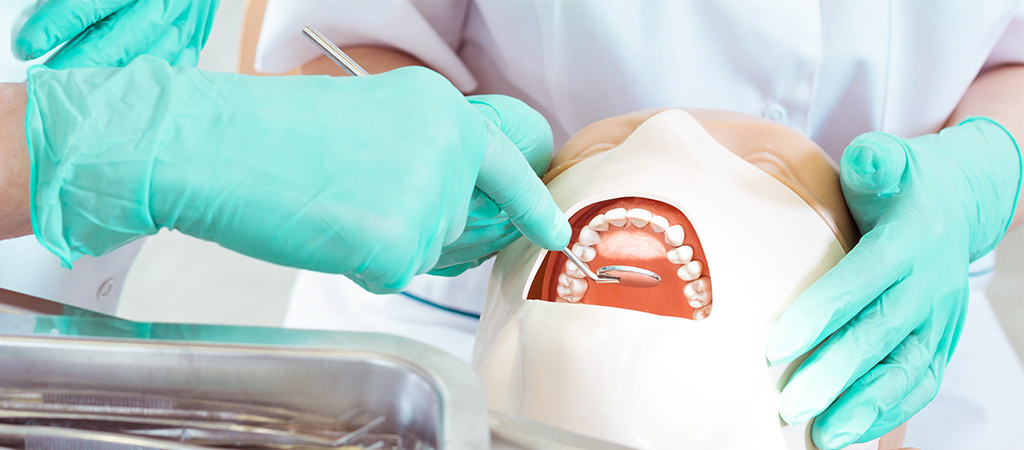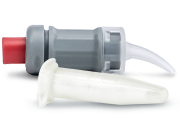
Dr. Victoria Sullivan
Dr. Victoria Sullivan is a pediatric dentist who trained at the University of Pacific. She went on to earn her certificate in pediatric dentistry at USC and furthered her education with a master’s degree at the University of Rutgers. She has also been an adjunct at the University of Houston in San Antonio, Texas. Dr. Sullivan returned to the Sprig Podcast to explain the residency Do’s and Don’ts.
Two Different Types of Dental Residents
There are two different types of dental residents. Those who are fresh out of dental school and those who have been practicing for many years. The advantage of being fresh out of dental school is that you have state of the art information at your fingertips. Sometimes returning students who have been practicing for a while are at a disadvantage because they’ve learned some shortcuts. Sometimes they’ll say, “Well that’s not how you do it in the real world” but the reality is that there’s a correct way to learn procedures and using shortcuts will not help you in dental residency. However, new students lack the hand skills and control. They have the academic knowledge while returning students should be open to new ideas.
Pride vs. Asking for Help
How do you balance coming in with pride and not being afraid to ask questions?
Most instructors look at their dental residents as future colleagues. The way to approach them is to be open and comfortable with the information that you have. Look for them to augment your information and be open to their comments.
Being Teachable
Remember to see your instructor as building you up rather than critiquing you. Don’t hide your mistakes. Residency is where mistakes are going to happen and being comfortable enough with your instructor to bring up those mistakes is critical to the learning path. Everyone one of your peers will face similar challenges during residency; having the opportunity to share and discuss cases in a non-judgmental environment will make everyone and the residency program better. You should also take on some more difficult cases while you have faculty to back you up. Now is the time to learn and be teachable.
Dental Residency Do’s
Within the first 8-10 weeks of residency see what the style of the residency is that you’ve chosen, what advisors are available, and what interests they have. Narrow down your research question to one specific tight question. Preferably that your advisor is interested in. Dr. Sullivan also encourages people to think long and hard before opting for a live patient project because the IRB process will take a long time to get through.
You should also gather books and articles so that when you have a slow moment you can read. Keep in mind that special needs are becoming mainstream needs. The ability to understand the chemistry and physiology behind those issues are going to be critical for how we move forward in treating these patients.
Have fun! Recognize that these are going to be some of the closest people you have an opportunity to be with and will likely become lifelong friends. Study together, get to know each other, get a drink together, eat at each other’s homes. Really spend time getting to know each other and getting to know the people that you’re working with. Share you mistakes with them. They will be your lifeline later in your private practice and who you turn to for support.
Dental Residency Don’ts
Don’t be afraid to ask for help. It’s huge to recognize when you’re stuck, and a learning opportunity.
Don’t be competitive. Everyone is your colleague. You’re there to get experience. They’re your equal. Again, if you have a difficult experience, share it with them so you guys can talk it through. For example, if you have a patient with a challenging medical history or treatment plan, share that knowledge and discuss with your peers. They will learn as much from it as you do.
Don’t be afraid to take emergency patients, even at the end of the day. That experience directly translates to your future private practice and is vital experience. Not only does it give you experience, it gives you confidence. When you’re challenged the most, that’s when you learn the most.
Don’t judge prior work done by residents. They don’t have the time to see those patients back. There are so many factors of what can go wrong in an individual procedure.
Don’t waste time. Residency goes by quickly. There will be other opportunities to see friends outside of dental residency. Taking on an additional case only takes an hour, but the educational benefit can last a lifetime.


